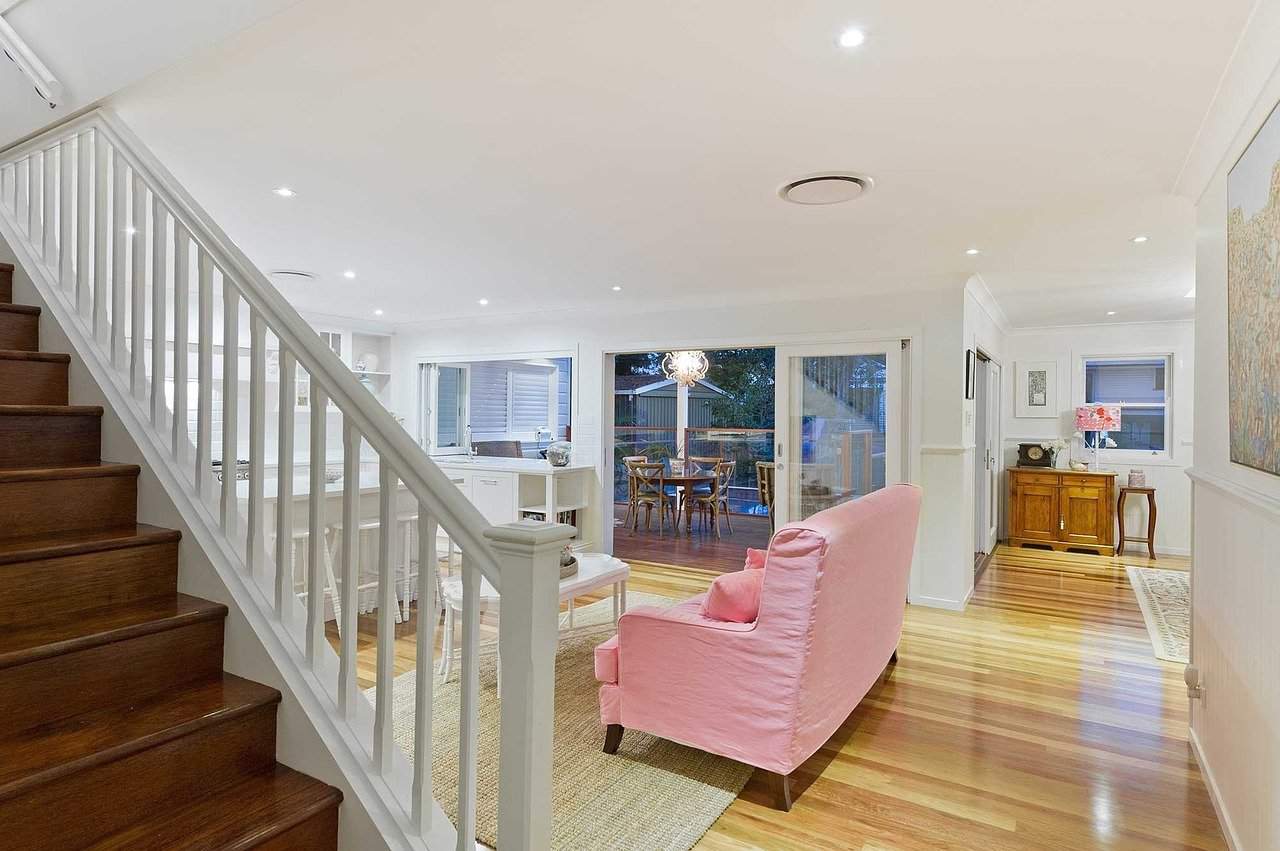AD | Featured
Every year introduces us to a few new terms in the English language, with “social distancing” and “self-quarantine” being two standout examples from the past year. It was sometime in the last ten to fifteen years that we were first greeted with the term “house flipping”, referring to the practice of buying a real estate property, carrying out a renovation on the interior and exterior, and selling it on quickly for a profit. So many years on, is it still something that can work as a means of investment?
What type of profit are you looking for?
It’s important to recognise that different housing markets in different locations mean different profit expectations. In America, the “home” of the flip, it’s eternally possible to buy, remodel, then sell at a profit that may exceed 100% of the price you initially paid. This has more to do with the way that real estate is bought and sold in the States, though, and outside of Middle America, you’re unlikely to find such an easy and substantial profit. In the UK, experts moot that you’re looking at closer to 25% profit.
Is that bad?
Well, no. It’s a profit – and that’s a good thing. However, if you’re looking to become a property millionaire overnight, you might need to reset your sights somewhat. The profits will be lower on lower-value houses, but as long as you put the work in and get the best investment rate on borrowing to buy the house, the profit will still be there. The first goal should be to make a profit. If you do well enough and find the process enjoyable, the next goal could be to make enough profit that you can fund a purchase without borrowing.

How do you get started?
Quite simply, you see how much money you can raise for a purchase – through saving and potentially through borrowing. That will allow you to parse the market for homes that appeal and which you feel you can flip. A smaller house is probably the best way to start, both because of its likely lower price, and equally importantly its lower toll of work to be completed. But of course, this will mean a lower profit, so you need to be patient.
Should I start with a fixer-upper?
A fixer-upper, which appeals to many buyers because it will usually be available for bargain-basement prices, maybe a solid candidate for flipping – but not as a beginner. What looks like a simple fixer-upper at first glance can easily turn out to be a money pit if you don’t know the signs. Cutting your teeth on a few simple flips will give you the knowledge needed to take on tougher jobs. At that point, a fixer-upper may be a great idea – because its low floor price can mean much bigger profits if you do the renovation work well and at a reasonable cost.
House flipping can work as well in 2021 as it could at the end of the 2000s, and as long as you aren’t expecting easy, massive profits right off the starting line you could well find it works out for you.































